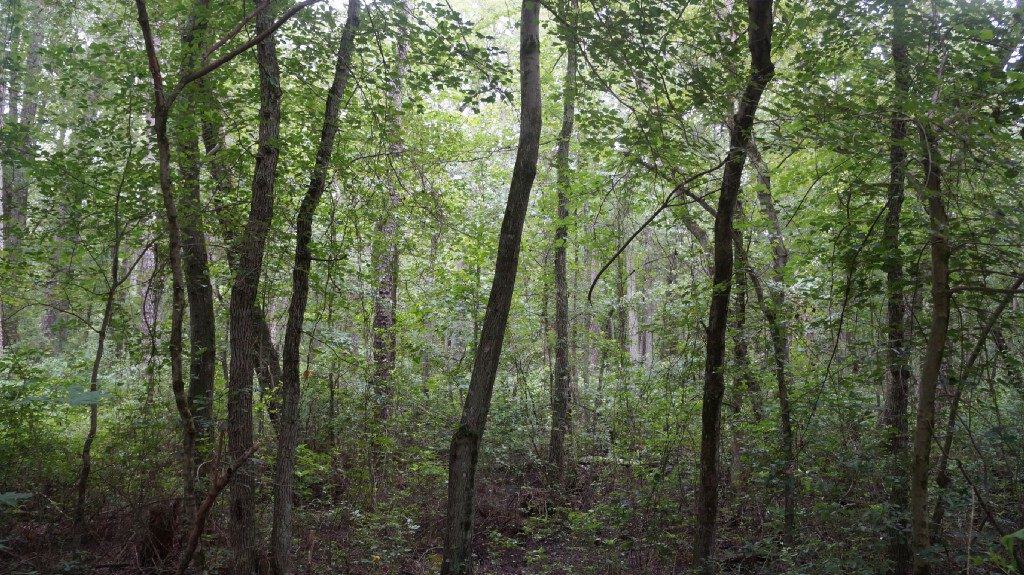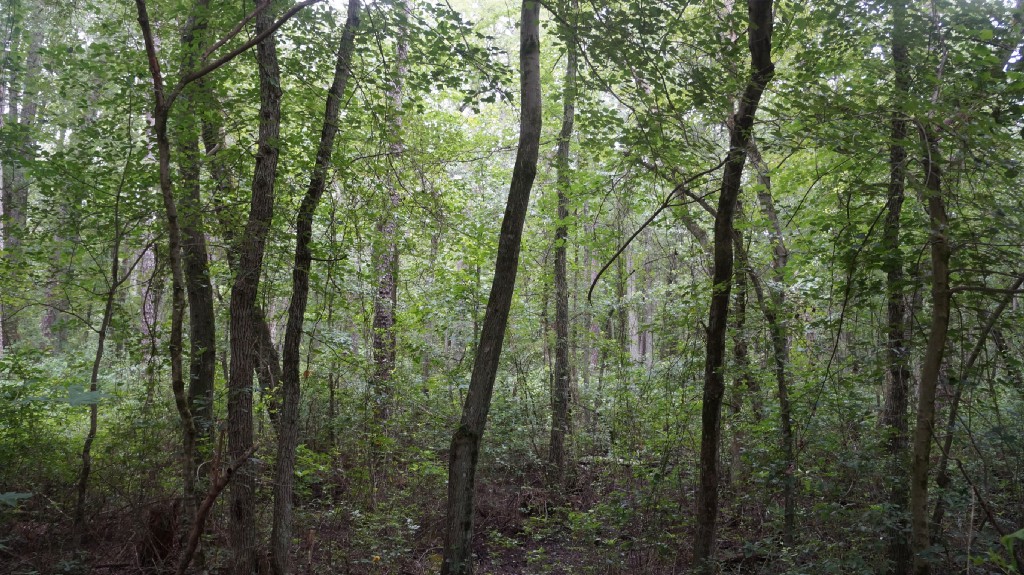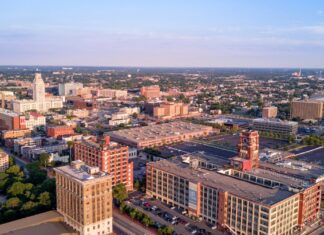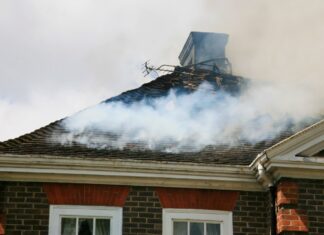
Pinelands Preservation Alliance accuses New Jersey Natural Gas of violating “rules to protect the Pinelands National Reserve”
“NJNG’s desire to build this white elephant can only be explained by the fact that New Jersey’s utility laws will make ratepayers pay NJNG for the pipeline’s $178 million construction cost plus profit,” said Carleton Montgomery, Executive Director of the Pinelands Preservation Alliance.

The Pinelands Preservation Society (PPA) has accused New Jersey Natural Gas for violating rules that protect the Pinelands National Reserve with the proposal of its Southern Reliability Link Pipeline in a recent press release.
The release stated the following:
The SRL violates the Pinelands Comprehensive Management Plan (CMP) and sets a precedent that threatens the future of the Pinelands protection program. The CMP only permits infrastructure like gas pipelines within the Joint Base, if it is “associated with the function” of the facility and avoids the Preservation Area to the maximum extent possible. This pipeline is not associated with the function of the base, but merely runs through the Base and Preservation Area to a connection point outside of it.
The release added that “The total demand of the Joint Base is less than one half of one percent of the proposed capacity of the pipeline, and an even smaller percentage of its actual maximum capacity. Most of the Joint Base is served by PSE&G and cannot get any gas, even indirectly, from SRL.”
“The company declined to conduct any reasoned analysis of real failure scenarios, much less examine the most cost effective, least harmful means of addressing those scenarios,” said Carleton Montgomery, Executive Director of the Pinelands Preservation Alliance. “In contrast, we did obtain an independent expert analysis, and that analysis found that SRL is based on a misrepresentation of how the gas supply system in our region actually functions, is not needed for reliability, and would be highly ineffective in responding to a serious supply interruption. There are much more effective, less expensive and less disruptive ways to address hypothetical supply interruptions which NJNG declined to consider. NJNG’s desire to build this white elephant can only be explained by the fact that New Jersey’s utility laws will make ratepayers pay NJNG for the pipeline’s $178 million construction cost plus profit.”









